Last week, one of my clients wrote this comment about imposter syndrome on her coaching preparation sheet:
“Imposter syndrome! I know that I can do everything that I’m doing now, so I don’t feel like an imposter, but when I’m doing something new, I can see myself creeping towards doubting my capabilities and fearing that somebody will expose me. And if this happens, I’ll overthink and overwork as a ‘cover-up’ rather than just relying on the good foundations of knowledge and experience that I have.”
I, too, have many times felt this way. Unbeknownst to my client, she hit the nail on the head. When we do something new, this moment is the perfect time for that natural human condition, i.e., self-doubt, to creep in. What she is experiencing is completely normal and can be experienced at any level and in any role, in the company.
When I delve into my clients confidence issues we talk about the realtionship between confidence and competence.
By competence, I mean having the skills, knowledge, and abilities to perform your job well. It is built through education, training, and experience. Competence is often objective – it’s evaluated based on outcomes, performance metrics, and the quality of work you produce. When people demonstrate competence, they inspire confidence in their abilities and expertise.
Confidence is your belief in your abilities, judgment, and worth. It's an internal trait that influences how you perceive and approach challenges. Confidence is subjective and often influenced by your self-perception, past experiences, and mindset. If you are confident, you are more likely to take risks, assert yourself, and persevere when there are challenges, leading to greater success.
However, confidence doesn't always align with competence. The Dunning-Kruger effect highlights this disparity, illustrating how individuals can overestimate their abilities (both early in their careers and when new to something) and experience self-doubt later on.
As a newcomer, we often project confidence beyond our actual competence. This is driven by the desire to impress ourself, employers and colleagues. As we progress in our careers, we may start questioning our competence and compare ourself to peers, leading to self-doubt. Later, the experienced professional thinks, “This is so easy; everybody else should be able to do it, too”. At any stage of the diagram, we can be disillusioned about our ability.
We are all imposters for the simple reason that, regardless of our skill level, we most often lack the knowledge required to assess our own performance accurately.
To navigate this challenge, you can:
Focus on specific tasks rather than general abilities. For instance, if you're working on a design project, instead of thinking 'I'm a great designer', focus on specific aspects of the project that you're good at. The more specific we are, the harder it is to maintain the illusion that we are better than we actually are.
Use self-reflection techniques (e.g. journalling) and adopt a growth mindset to grow emotional intelligence.
Use alternatives to peer comparison. Use objective measures and ask for frequent feedback on performance. 'Scaffold your learning' means to build on what you already know. For example, if you're learning a new software, start with the basics and gradually add more advanced features as you become more comfortable. Measure your learning today against what you knew yesterday.
Expose youself to those with greater skills to help you benchmark your competence. Seek out qualified mentors to provide instruction and accelerate learning.
By understanding the interplay between confidence and competence and addressing the Dunning-Kruger effect, you can better accept your “imposter syndrome” as normal and even view it as “your reward for learning something new”!
Kind regards
PS. If you want to improve your confidence, have goals to reach, a transition to navigate, a decision to make or some leadership skills to obtain, get in touch to discuss working with me.



